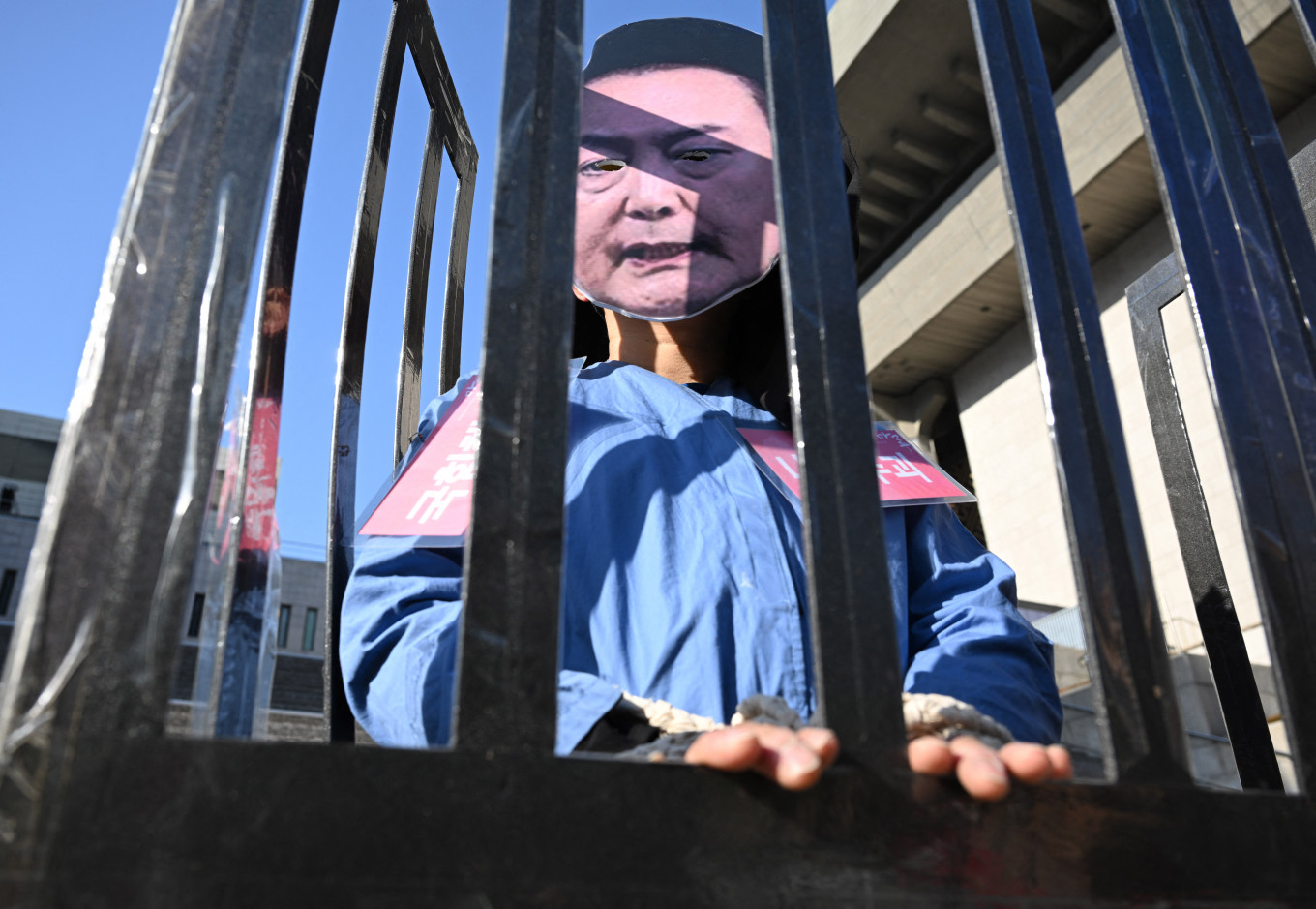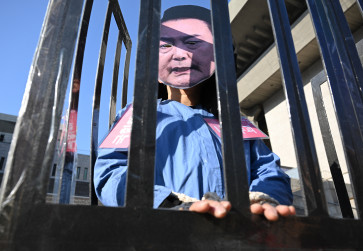Popular Reads
Top Results
Can't find what you're looking for?
View all search resultsPopular Reads
Top Results
Can't find what you're looking for?
View all search resultsThe high cost of South Korea’s short-lived martial law
While the South Korean president's failed declaration of martial law has led to political suicide, it has also left the country facing a political vacuum via the subsequent impeachment process in view of potential changes to US policies under a second Trump administration.
Change text size
Gift Premium Articles
to Anyone
W
hen South Korean President Yoon Suk-yeol abruptly declared martial law late on Dec. 3, claiming that it was necessary to enable him to eliminate “anti-state” forces, street protests erupted almost immediately. By the time dawn broke, the National Assembly had unanimously passed a resolution to rescind Yoon’s declaration.
Yoon has since been impeached, and the Constitutional Court has initiated trial proceedings. But many still do not understand why Yoon declared martial law in the first place.
That is certainly true of the economists and financial policymakers I met during my long-planned visit to Seoul last week. Some guessed that Yoon was frustrated by his inability to pass legislation since the general election in April, in which his People Power Party (PPP) lost its parliamentary majority by a large margin. A former prosecutor, Yoon is not particularly politically savvy and the give-and-take of democratic politics was apparently too much for him to bear.
Whatever the impetus, Yoon’s declaration turned out to be political suicide. To be sure, the opposition’s first impeachment attempt failed because the PPP’s representatives – at least eight of whom would have needed to vote in favor of impeaching Yoon – walked out of the Assembly. But public protests continued to rage and opinion surveys confirmed the public’s overwhelmingly negative view of Yoon’s behavior. So when a second impeachment vote was held on Dec. 14, the PPP stayed put. Ultimately, the motion passed 204 to 85.
Many people inside and outside South Korea, including friends with whom I have spoken, think that Yoon’s impeachment is a sign that the country’s democracy is working, despite the president’s attempt to upend it. Walking through the streets of Seoul, business as usual seems to be the order of the day.
Even financial markets have remained rather calm, including during the 10 days of political uncertainty that followed Yoon’s attempt to impose martial law.
On the day after the short-lived declaration, the KOSPI, a representative stock price index, fell 2 percent from 2,500 to 2,464 and continued to decline, reaching 2,361 on Dec. 9. But the index has since recovered most of its losses, rising to 2,495 on Dec. 13. Similarly, while the 10-year bond yield fell slightly, it has remained stable overall.



















